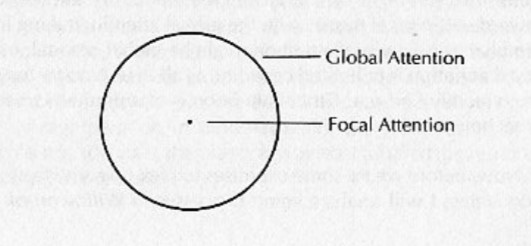
“I will not say, my brothers, what listening is, Before I know who the listener is”. In these two verses the Persian Sufi poet links the act of listening to the listening subject, and grounds both in the collective. Listening here is not just a sensomotoric operation, but it seems interwoven with the process of subjectivation. This is not to say that listening is subjective, rather to suggest that listening is historical. At the same time Saadi’s verses concern speaking as well. He speaks to his ‘brothers’ just to interrupt his speaking, emphasizing that he does not yet possess the knowledge to speak. Knowledge here is acquired in a mode of active listening. To know who the listener is, means to lend her an ear, and then to speak. To know is thus a dialectical listening and speaking. But how can one listen to the listeners? How to learn to listen to the ‘no ones’ who are speaking in the silence?
The talk will include commented reading of texts by the author, which attempt to reflect on modes of listening and the listening subject, and other materials.
This event is co-organised with Lingnan University, Cultural Studies Department.

